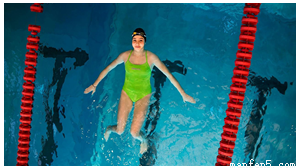0 134769 134777 134783 134787 134793 134795 134799 134805 134807 134813 134819 134823 134825 134829 134835 134837 134843 134847 134849 134853 134855 134859 134861 134863 134864 134865 134867 134868 134869 134871 134873 134877 134879 134883 134885 134889 134895 134897 134903 134907 134909 134913 134919 134925 134927 134933 134937 134939 134945 134949 134955 134963 151629
